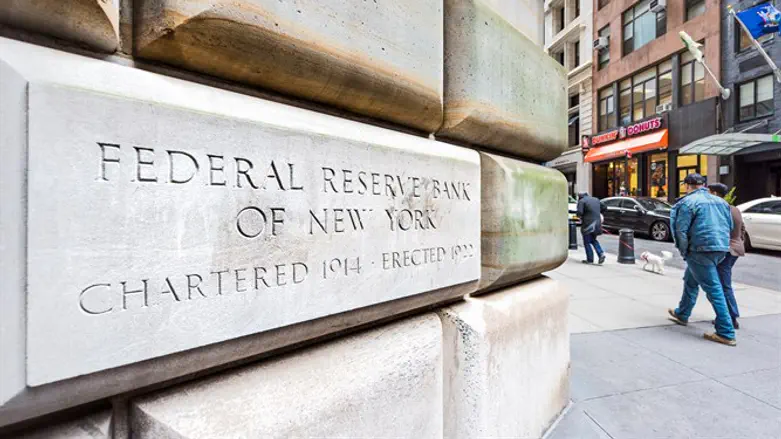
The Federal Reserve is cutting interest rates for the first time in over a decade — a preemptive move aimed at extending the already record-long economic expansion.
The Fed on Wednesday lowered its target for the key federal funds rate by a quarter percentage point. The move should decrease the cost of borrowing, including for credit cards, auto loans and mortgages.
"The outlook for the U.S. economy remains favorable and this action is designed to support that outlook," Fed Chairman Jerome Powell said. He described the rate cut as an insurance policy against potential speed bumps for the economy, including rising trade tensions and a slowdown in global growth.
"There is really no reason why the expansion can't keep going," Powell said. "Inflation is not troublingly high. If you look at the U.S. economy right now, there's no sector that's booming and therefore might bust."
Although the rate cut had been widely telegraphed in advance of Wednesday's announcement, the stock market reacted negatively to Powell's comments. The Dow Jones Industrial Average fell more than 450 points before paring its losses to close down 334 points, or 1.2%. The S&P 500 and the Nasdaq both fell more than 1%.
President Trump also complained that the Fed failed to signal more aggressive cuts.
"As usual, Powell let us down," Trump tweeted Wednesday afternoon. "What the Market wanted to hear from Jay Powell and the Federal Reserve was that this was the beginning of a lengthy and aggressive rate-cutting cycle that would keep pace with China, The European Union and other countries around the world."
Powell insists the Fed will be guided by economic signals, not jawboning from the White House.
"We never take into account political considerations," Powell said. "There's no place in our discussions for that. We also don't conduct monetary policy to prove our independence."
The U.S. economy is still growing at a modest pace. And, at 3.7%, unemployment is near a 50-year low. But the central bank is concerned that trade tensions with China and slowing growth in other countries could put the brakes on the economy, just as many Americans are beginning to enjoy the benefits of a slow-moving recovery.
"My view is that the best thing we can do for those people is to sustain the expansion, keep it going," Powell said.